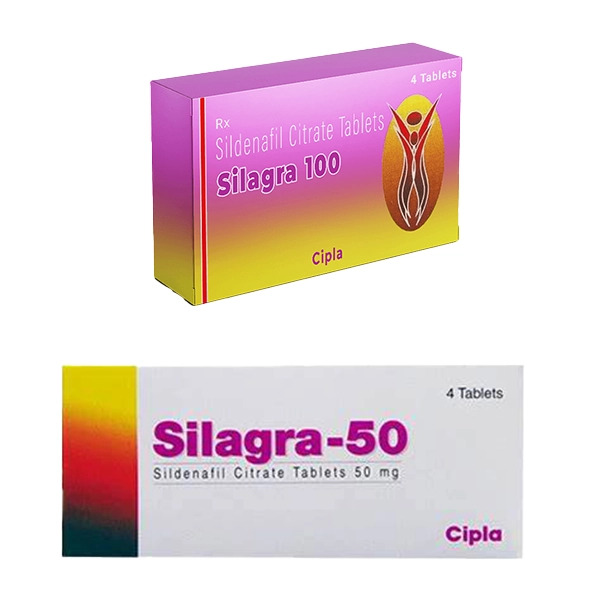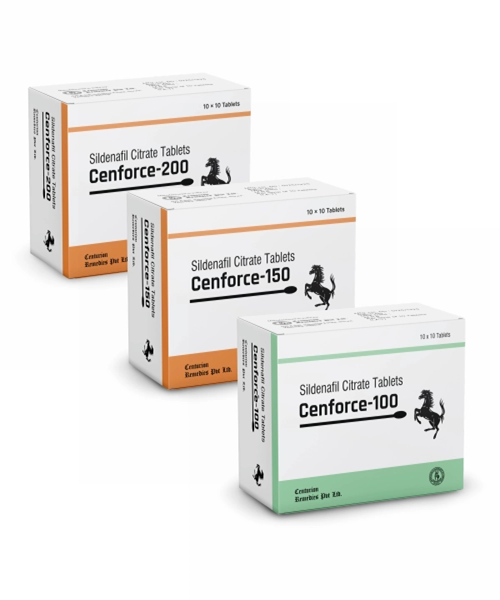
What to Look for When Buying a Used Car in Texas | Tips for buying Cars
- CRU Automotive
- Automobile
- 2025-07-29 19:06:08
- 1304K
Buying a used car can be a smart financial decision—especially in Texas, where long commutes and diverse terrain make owning a reliable vehicle essential. Whether you're shopping in Houston, Austin, Dallas, or a small Texas town, it’s important to know what to look for before making a purchase. At CRU Automotive, we’ve helped hundreds of Texans find quality pre-owned vehicles, and we know what separates a great deal from a costly mistake.
In this guide, we’ll walk you through what to look for when buying a used car in Texas, including legal tips, mechanical checks, and dealership red flags.
1. Check the Vehicle’s History Report
Start by requesting a vehicle history report using services like Carfax or AutoCheck. This report reveals crucial details such as:
- Previous ownership
- Reported accidents or flood damage
- Odometer rollbacks
- Title status (clean, rebuilt, salvage)
- Maintenance and service records
A clean history doesn’t guarantee the car is perfect—but it does provide peace of mind. In Texas, flood-damaged vehicles are a concern, especially after hurricanes. Be sure the car has no history of flood or water damage.
2. Review the Title and Registration
In Texas, every vehicle must have a clear title to be legally sold. Ask the seller:
- Is the title clean and in the seller’s name?
- Is it a salvage or rebuilt title?
- Are there any liens on the vehicle?
Also verify the Vehicle Identification Number (VIN) on the title matches the one on the car (usually found on the dashboard or driver-side door frame).
If the seller refuses to provide the title, walk away—this could indicate unpaid loans or even a stolen vehicle.
3. Inspect the Exterior and Interior
Even if the car looks good in photos, an in-person inspection is a must. Here’s what to look for:
Exterior:
- Mismatched paint (could indicate body repairs)
- Rust, dents, or bubbling paint
- Even gaps between body panels
- Condition of tires and tread wear
- Functioning headlights, taillights, and turn signals
Interior:
- Signs of water damage (mildew smell, damp carpets)
- Rips or stains on seats
- Functioning air conditioning and heater (important for Texas weather)
- Dashboard lights working properly
- Condition of seat belts, locks, and windows
Bring a flashlight and inspect under seats and mats for signs of leaks.
4. Test Drive the Car
A test drive is one of the most important steps. Drive on local roads and highways to assess:
- Acceleration and braking
- Transmission shifts (smooth or delayed?)
- Engine noise or vibrations
- Steering and alignment
- Suspension performance (bumpy or smooth ride?)
- Dashboard warning lights
Listen carefully for any clicks, knocks, or rattles. Trust your instincts—if the car feels “off,” it probably is.
5. Get a Pre-Purchase Inspection
Even if everything looks and feels fine, have a trusted mechanic do a pre-purchase inspection. At CRU Automotive, Best Luxury Car Dealer in Houston, we offer full used car inspections to identify hidden issues like:
- Oil leaks
- Worn brake pads or rotors
- Transmission or radiator issues
- Frame damage or rust
- Exhaust problems
This small investment could save you thousands in repairs later.
6. Know the Texas Vehicle Inspection and Emissions Rules
In Texas, most used vehicles must pass an annual safety inspection, and those registered in certain counties (like Harris County) must also pass an emissions test. Before buying:
- Ask if the car has passed inspection recently
- Confirm if the car is exempt (based on age or fuel type)
- Ensure the seller provides a valid inspection sticker
CRU Automotive can help ensure your new vehicle meets all state requirements.
7. Confirm the Asking Price with Market Value
Use tools like Kelley Blue Book (KBB), Edmunds, or NADA Guides to verify the fair market value of the vehicle. Prices in Texas can vary depending on location and demand, especially for:
- Trucks and SUVs
- Fuel-efficient compact cars
- Vehicles with towing capacity
Compare similar models and condition to determine whether the asking price is reasonable.
8. Ask About Warranty and Return Policy
Most used cars are sold as-is, meaning no warranty. However, some Texas dealerships (like CRU Automotive) offer:
- Limited warranties on select vehicles
- Vehicle service contracts
- Return or exchange policies
Be sure to read all paperwork carefully and ask what happens if something goes wrong right after the sale.
9. Look Out for Common Dealership Red Flags
If you're buying from a used car dealership in Houston or anywhere in Texas, beware of these warning signs:
- No posted buyer’s guide (required by law)
- Pressure tactics or “today-only” deals
- Refusal to allow a third-party inspection
- Hidden fees or unclear pricing
- No documentation or warranty info
At CRU Automotive, we’re committed to a transparent and customer-first approach to buying used cars in Houston. No games, no pressure.
10. Understand the Total Cost of Ownership
The cost of a car doesn’t stop at the purchase price. Consider:
- Insurance rates (get a quote in advance)
- Fuel efficiency
- Future maintenance costs
- Cost of tires, brakes, or specialty parts
Owning a car in Texas often means long drives and dealing with extreme heat, so choose a model with a reputation for durability and low-cost upkeep.
Final Thoughts
Buying a used car in Texas can be a great decision—as long as you do your homework. From verifying the title to taking a test drive and getting a professional inspection, every step counts toward protecting your investment.
At CRU Automotive, we make the used car buying process simple, transparent, and stress-free. Whether you’re looking to buy, sell, or trade in a vehicle in the Greater Houston Area, we’re here to help.
Leave a Reply
Please login to post a comment.












0 Comments